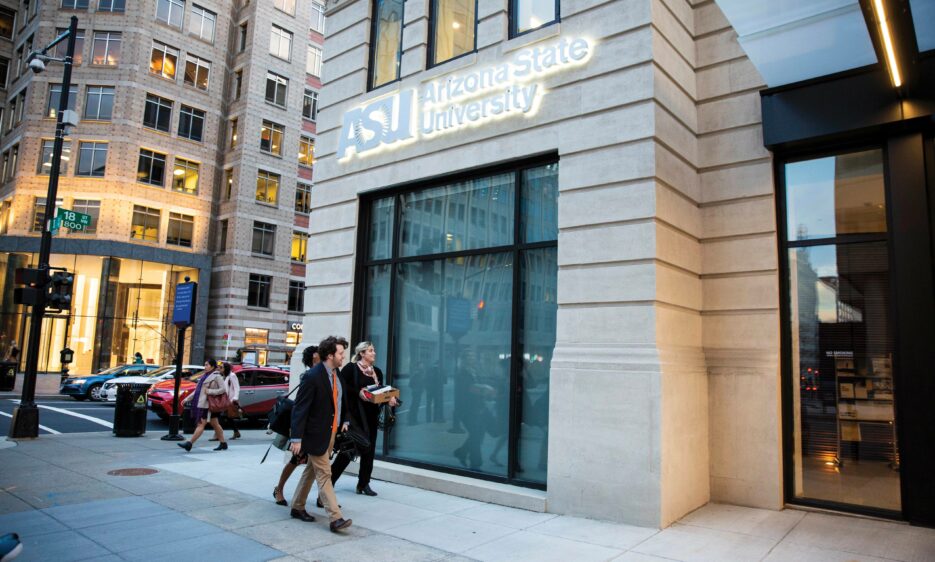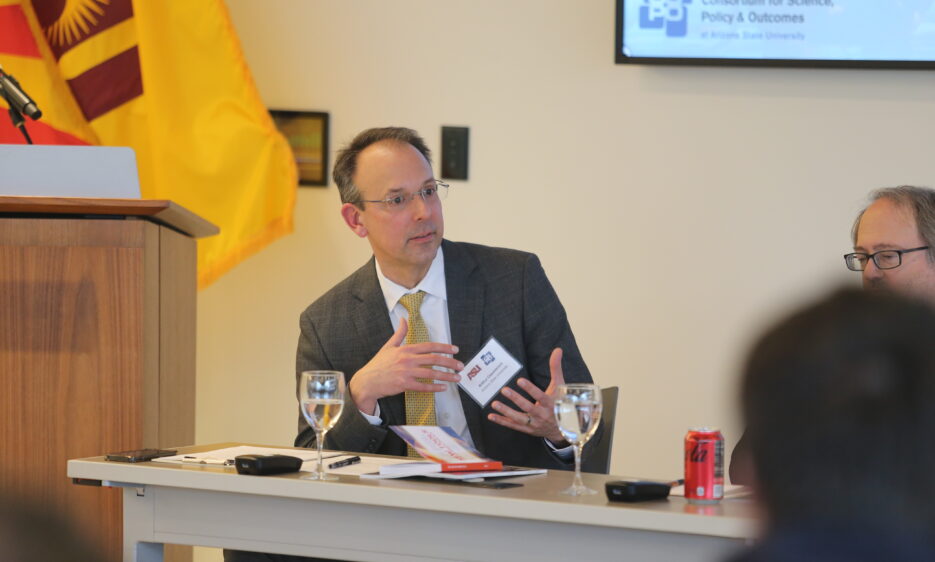Recent CSPO News
-

Spring 24 Newsletter
Welcome to Spring 2024! As the new season begins to bloom, we invite you to engage with CSPO’s latest developments. Take a moment to catch up on our latest research endeavors and upcoming events as CSPO continues to flourish in personnel, projects, and programs. We look forward to welcoming you this spring!
-

Fall 2023 News & Events
Take a moment to catch up with CSPO, sign up for upcoming policy programs, and reconnect with our research and policy work. 2023 is proving to be a year of growth in personnel, projects, and programs at CSPO and we look forward to seeing you this fall!
-

Highlighting public voices in CDR decision making
The If, the How and the Whether of Carbon Dioxide Removal Technologies
CSPO; the Museum of Science, Boston; the University of Calgary; and other ECAST project partners join forces with diverse experts and everyday citizens to inform decision making on carbon dioxide removal technology.
-

Spring CSPO Events
Join us in Washington, DC or virtually!
Join the Consortium for Science, Policy & Outcomes in March and April for events on the rethinking the Green Revolution, new techniques to guide urban transformations, and electric vehicle infrastructure.
-

Consortium for Science, Policy & Outcomes welcomes new director Arthur Daemmrich
Daemmrich brings experience from the Smithsonian Institution and Harvard Business School to ASU
Daemmrich will lead the intellectual network in fostering new policies, advancing the consortium’s work in participatory technology assessment and engaging in important discussions about emerging science and technology.